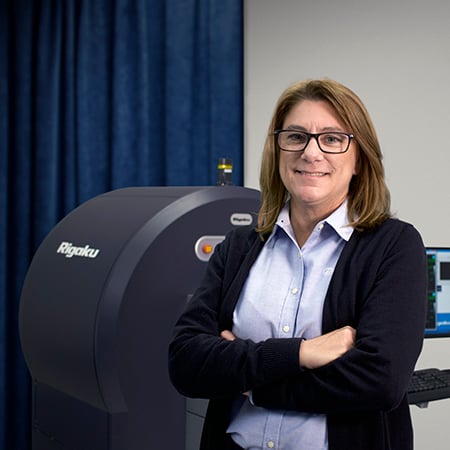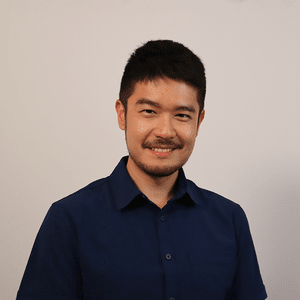X-ray Computed Tomography for Materials & Life Sciences
Learn how X-ray computed tomography (CT) works, how the results are analyzed, and how this X-ray imaging technique is applied to materials and life science research.
Introduction
This is a good place to start if you are new to X-ray computed tomography (CT). In this webinar, you will learn how X-ray CT works and how it can be applied to scientific research. It will introduce the technique, instrumentation, and application examples.
Data Analysis
There are many ways to analyze CT images, and the process of analyzing images and extracting quantitative information can be involved. This webinar will provide an overview of CT data analysis, including thresholding segmentation, machine learning-based segmentation, and quantitative analysis. Several commonly used data analysis and visualization programs will be discussed and demonstrated to help you get an idea of where to start and select the right analysis tool for your needs.
Food and Pharmaceutical Applications
You will see many X-ray CT application examples in the food and pharmaceutical industries in this webinar, including the analyses of cracks and aggregation inside tablets, tablet and drug particle coating thicknesses, air pocket size distributions in food, and sugar coating thicknesses of candies.
Foams and Composites Applications
You will see many X-ray CT application examples of foams and composite materials in this webinar, including the analysis of foam porosity, cell size, and cell wall thicknesses as well as void distribution and fiber orientation in composite materials.
Plant Science Applications
You will see many examples of X-ray CT application for plants and seeds in this webinar, including the non-destructive characterization of plant traits for ripening fruit, seeds, and root systems. Additionally, an analysis of cell wall thicknesses and void distribution among different seed varieties is presented.
Geology Applications
X-ray CT has become an essential tool for geological sample analysis. You will see many application examples in this webinar, including the analysis of cracks, pores, inclusions, and phase quantification of rocks and drill cores. We also introduce available resources for pore network analysis that can be applied to rock CT scans.
Life Science Applications
In this webinar, you will see 3D views of the structures of a reptile, insects, and a mouse, including their stained organs. You will also learn how to deal with unique challenges in life science sample preparation and how to conduct quantitative analyses.
Metrology Applications
This webinar presents the basics of metrology analysis and a number of X-ray CT application examples. Examples include size and shape measurements of metal and plastic parts, tolerancing evaluation, comparison of nominal (CAD) and actual (CT) or a golden standard, and a test subject. We also introduce available resources to learn more about X-ray CT metrology.
4D and In-situ Applications
In this webinar, you will learn the keys to successful 4D and in-situ X-ray CT measurements and how to plan experiments. You will also see many examples of applications, including the observation of foam under compression, the drug degradation process, and the seed germination process.
Preparing Life Science Samples
In this webinar, you will learn sample preparation techniques for life science samples. These samples typically require preservation to ensure that ‘as lifelike as possible’ CT data can be collected. These samples typically have low-density contrast and thus benefit from staining. You will see different preparation techniques and application examples.
Additive Manufacturing in Computed Tomography
In this episode, we will discuss how X-ray computed tomography (CT) can non-destructively access these internal structures, voids, cracks, as well as the external shape. Dimensional inspection including actual to nominal comparison, section thickness, mechanical load distribution of final product, as well as metal powder morphology are characterized for both qualitative visual inspection and quantitative analysis. Analysis examples from various AM feedstock, such as polymer, metal, and ceramic will be discussed.

Contact Us
Whether you're interested in getting a quote, want a demo, need technical support, or simply have a question, we're here to help.

Subscribe to the X-ray CT Email Updates newsletter
Stay up to date with CT news and upcoming events and never miss an opportunity to learn new analysis techniques and improve your skills.














